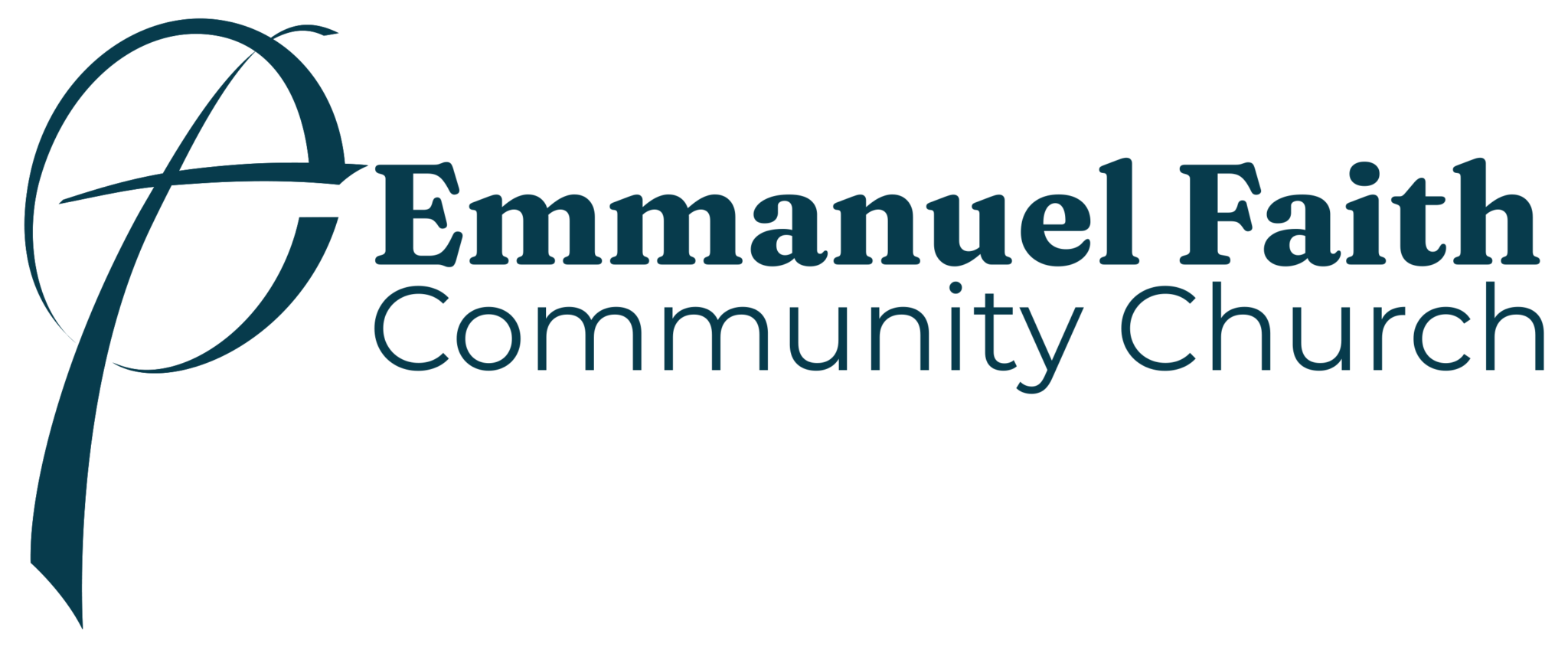When the Lord spoke to Moses concerning the sins of the anointed priest, he commanded the anointed priest to offer sacrifices for his own sins before he could offer sacrifices for Israel. He was to bring a young bull without blemish as a sin offering. The bull was butchered. Its parts were carefully separated as each served a particular function in the sacrifice. Its fat was collected and burned completely on the altar. Its blood was captured. Some were spread on the horns of the altar of sweet incense. Some of it was flicked seven times before the veil of the sanctuary. The rest of the blood was poured out. Its carcass was then taken outside of the city and burned on a ceremonially clean ash heap. The treatment of the bull—an object unlike us, sacrificed for our sins—evokes a greater sacrifice on our behalf by our brother and sinless High Priest who was made just like us in all things (Heb 2:17).
The writer of Hebrews calls attention to the fact that the blood of bulls and goats only covered sins and could not take them away (Heb. 10:1-18). He said in a later place, “Jesus also suffered outside the gate, that He might sanctify the people through His own blood.” (Heb 13:12). In tying the two things together, he exhorts us, saying that since he himself bore our reproach, “So then, let us go out to Him outside the camp, bearing His reproach. For here we do not have a lasting city, but we are seeking the city which is to come.” (Heb 13:13).
The effect of Jesus’s suffering outside of the city was to make His people holy. He bore our reproach so that we might bear his. No more blood sacrifices are required in light of Jesus’ sacrificial death on our behalf. To bear his reproach is to offer praise, to do good to others, and to share with others what God has done for us.
Leroy Hill

